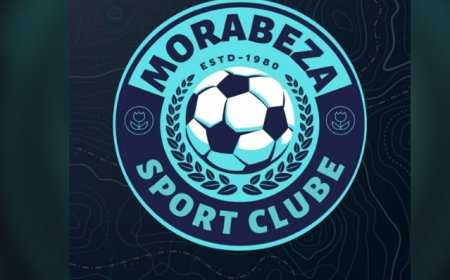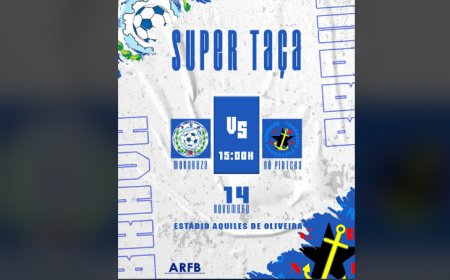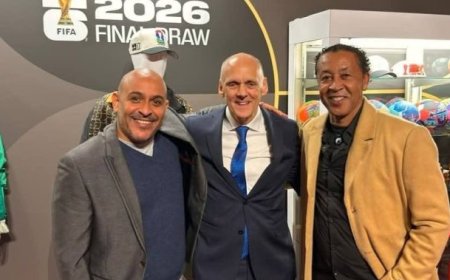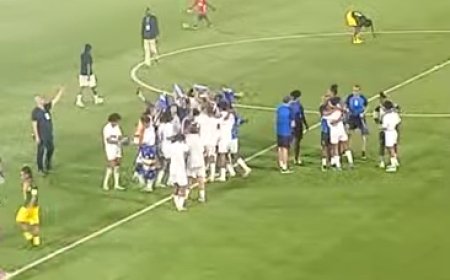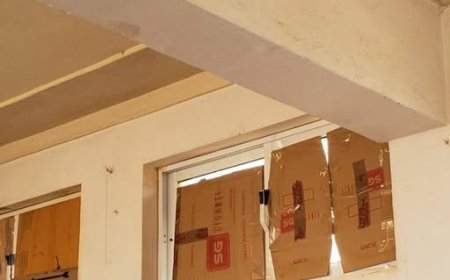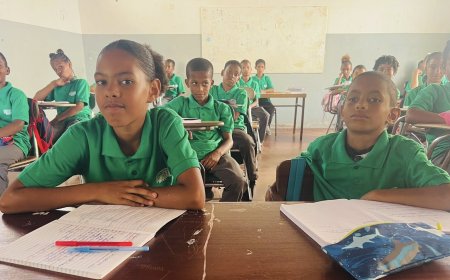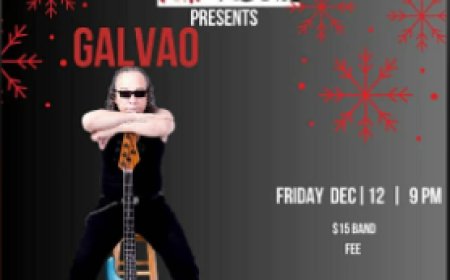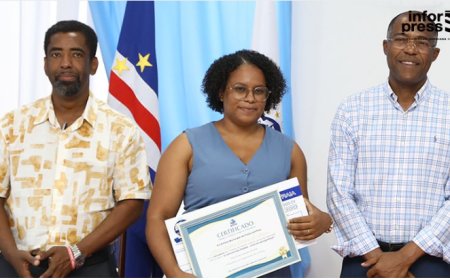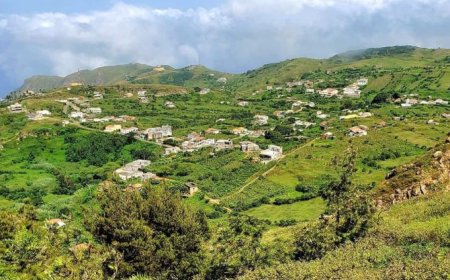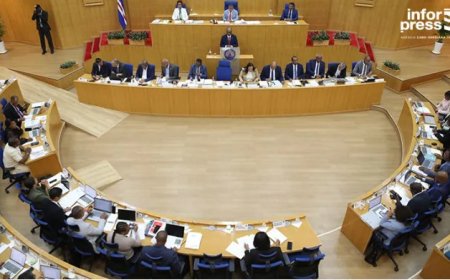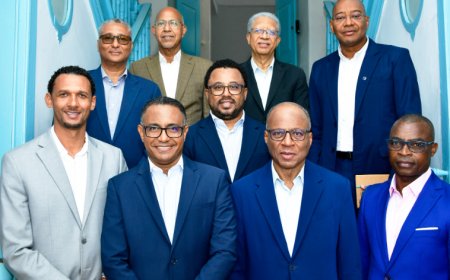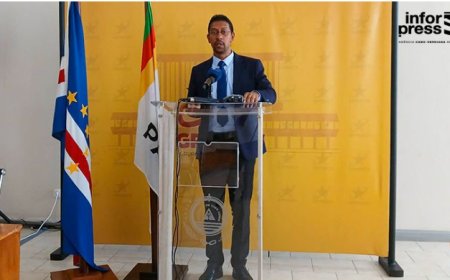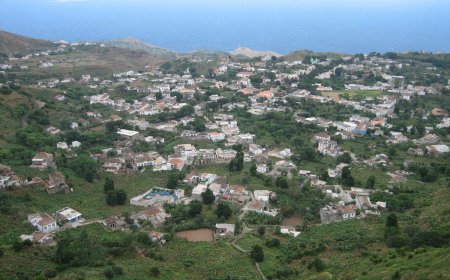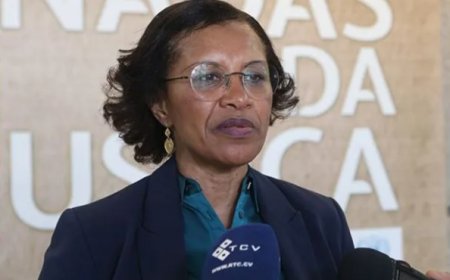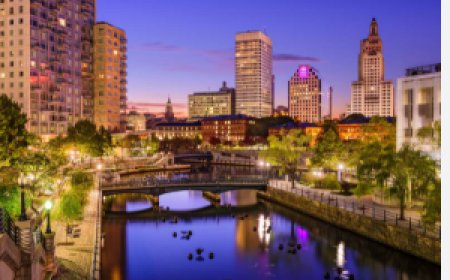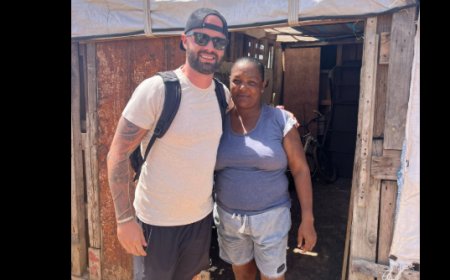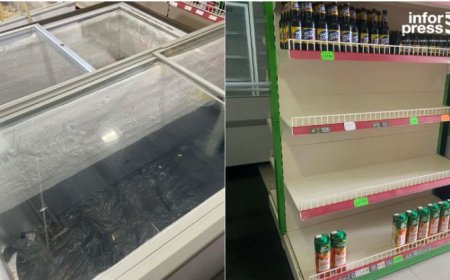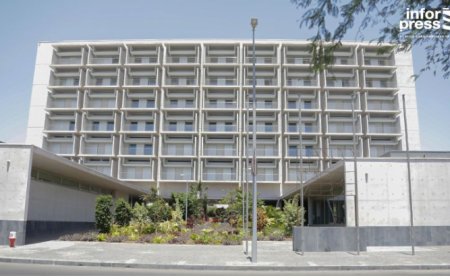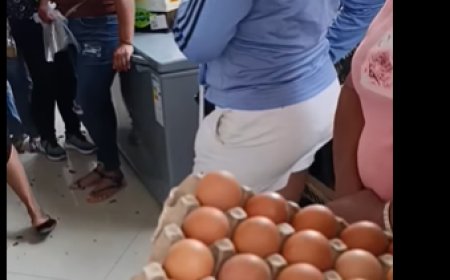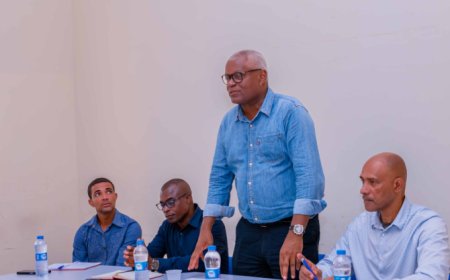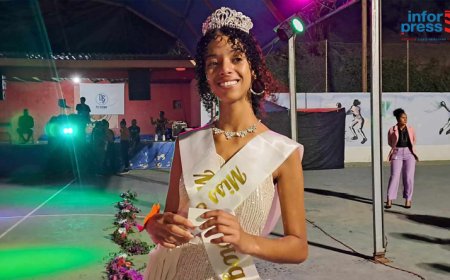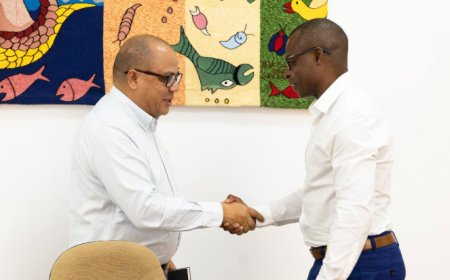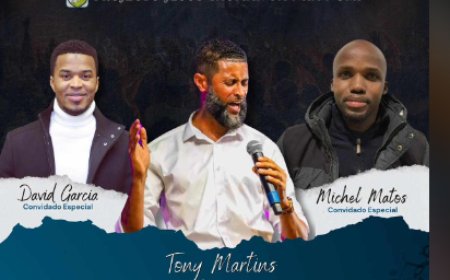Presentation of the book «Songbook - Vol.3, Música de Cabo Verde» by Vuca Pinheiro
Born in Vila Nova Sintra, Ilha Brava, on January 23, 1948. Son of Júlio José Pinheiro, physician, now deceased, and Maria da Conceição Azevedo Pinheiro. He has 10 siblings, 5 women and 5 men, curiously spread across 3 continents, with the largest number residing in 6 different US states.
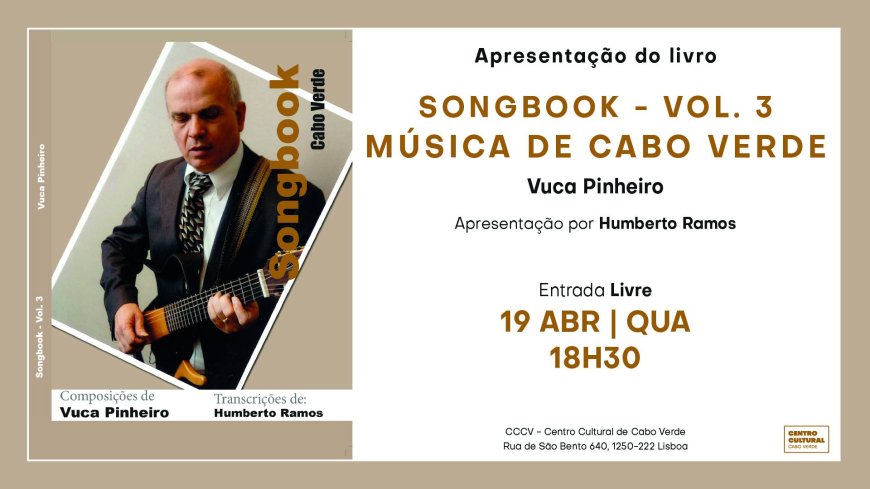
Born in Vila Nova Sintra, Ilha Brava, on January 23, 1948. Son of Júlio José Pinheiro, physician, now deceased, and Maria da Conceição Azevedo Pinheiro. He has 10 siblings, 5 women and 5 men, curiously spread across 3 continents, with the largest number residing in 6 different US states. He spent his early childhood on Ilha Brava, more precisely in Vila Nova Sintra, at the height of its housing vitality, in a climate of great cultural intensity, in an environment conducive to serenades, cultural soirées, pilgrimage parties and musically favorable to the introduction of young people in wanderings music learning. His first musical instrument was a harmonica offered by a friend of his father. In other times, his father had also offered him a Portuguese guitar. But, little by little, still a boy (around 12 years old) and during the school holidays, he began to feel the influence of serenades, tocatinas in the square and rehearsals of musical groups of the time on Brava Island. On this island, there was always the habit of almost everyone playing a musical instrument, but there was one player who stood out from the rest and therefore captivated his attention. He is Djick Oliveira, former teacher at Liceu da Praia and today also a guitar teacher. Thus, and without Djick himself realizing it, he became his mentor, and the attempt to emulate the master came soon after, when he tried to repeat his feat at home. These attempts made him very early on into a self-taught person who likes to explore the strings of a guitar and developed a very peculiar way of playing, since he never liked to imitate anyone.
Later, already in Brazil, he complemented his musical education by attending a music school (“Música de Minas”) for 2 years, which helped him to broaden his musical knowledge, and to know and accept new horizons, new scales. and new rhythms. His musical trajectory always had the primary purpose of reviving Brave compositions and bringing them to the heart of Cape Verdean musical currentity, since it was progressively being lost in time without any other more favorable panorama being possible to envision.
The longing for his homeland, experienced in Brazilian lands and the need to preserve the traditional Cape Verdean culture (especially the Bravese one), made him focus all his attention on the subject. He began recording his first album (“Força Di Cretcheu”) in the USA in 1985, when Martinique music literally suffocated traditional Cape Verdean music. Contrary to all predictions, this album of old mornas from Brava Island managed to achieve a huge success that made Morna reaffirm itself in the Cape Verdean music scene in the USA.
discography
1985 - “Força Di Cretcheu” - Instrumental - Old kettles from Ilha Brava by Eugénio Tavares, José Medina, Rodrigo Peres, Silvestre Faria, Wilson Nunes and Lúcio Azevedo.
1987 - “Ês Quê Nha Terra Cabo Verde” - Instrumental - Old kettles from Brava Island mirroring compositions by Eugénio Tavares, Djedjinho, Silvestre Faria, José Medina, Edwino Nunes and Álvaro Soares. To demonstrate that he had the intention of recording mornas from other islands, he included two more mornas from São Vicente on this disc, compositions by Gabriel Mariano, Jacinto Estrela and Djô D'Eloy.
1993 - “Cretcheu Na Paz” - Instrumental - 8 old mornas from Brava Island. This disc includes two compositions of his own, one of which (“Nôs Poeta Rodrigo”) is a tribute to Rodrigo Peres, one of the great composers of Ilha Brava. The other morna (“Sodade de Cabo Verde”) would later be re-recorded on the cd “Vuca Pinheiro & Amigos”.
1996 - “Fama Sem Prubêto” - Instrumental - Mornas da Brava, Fogo, Boavista and São Vicente, in addition to new rhythms included such as mazurka, waltz and samba, these of his authorship.
2000 - “Vuca Pinheiro & Amigos” - Due to the accumulation of compositions of his own, dealing with love, longing and social criticism, he decided to invite singers from the Cape Verdean emigrant community to interpret these compositions. Participating in the cd: Djosinha, Piduca Silva, Armando de Pina, Sãozinha Fonseca, Quirino DoCanto, Lutchinha, Zé Rui, Judite Pinheiro, Duducha, Amadeu Fontes, José Silva, Galvão and Vuca Pinheiro, in a total of 32 musicians involved.
2009 - “Terra De Eugénio” - Second cd with compositions of his own performed by Bana, Tó Alves, Piduca Silva, Armando de Pina, Calú Bana, Toi Pinto, Quirino DoCanto, Judite Pinheiro, Lutchinha, Carlos Diamantino and Aníbal. This CD, also dealing with love, nostalgia and social criticism, had the collaboration of 34 artists under the theme of “union between musicians”.
2012 - “Novo Horizonte” - Double instrumental cd with a total of 51 songs recorded in 30 tracks. In addition to 12 compositions of his authorship, this double CD contains themes of Cape Verdean, Brazilian, Portuguese, Latin and Argentinean origin.
2012 - “Marchas de Fim-de-Year da Ilha Brava” - A work of research and recovery of 15 themes from Brava's memory of the golden years of Ilha das Flores, (by the way with 4 compositions by his father), with interpretations by Djosinha , Armando de Pina, Sãozinha Fonseca, Van Feijóo Pereira, Djuta Barros, Peter Arteaga, Esmeraldo Duarte and Carlos Mendes.
2018 - "50 Anos de Lides Musicales de Vuca Pinheiro" - Double CD, one with 14 songs written by her and the other instrumental with a selection of some songs from her first four instrumental albums. In the first, and only for this special occasion, he asked his friends for permission to present himself on this cd as a "singer", something that is definitely not considered!







